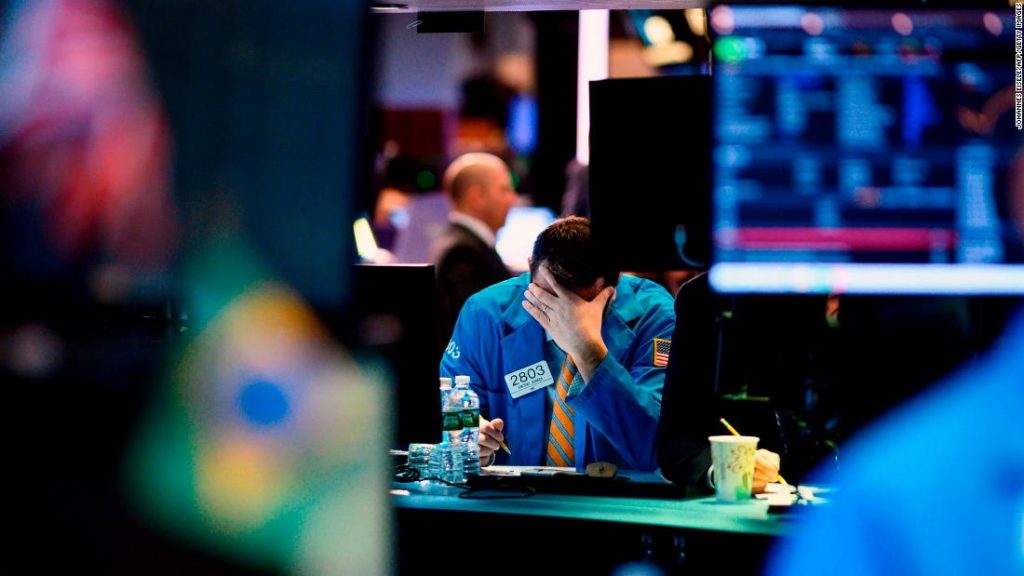
The Trump administration is taking stocks on a roller coaster ride. Investors are not pleased.
Japan’s Nikkei Index dropped around 1% Tuesday morning, its first trading day since President Donald Trump renewed his threat Sunday to escalate tariffs on $200 billion of Chinese goods. South Korea’s KOSPI Index, which was also closed Monday, fell by a similar amount. Meanwhile, Dow futures tumbled more than 200 points in after-hours trading Monday.
But not all markets were rattled. The Hang Seng Index opened higher Tuesday, gaining more than 100 points in early morning trading. The Shanghai Composite also opened slightly higher.
Speaking to reporters in Washington Monday afternoon, US Trade Representative Robert Lighthizer and Treasury Secretary Steven Mnuchin said China reneged on previous agreements over the weekend, derailing months of progress toward a trade agreement between the world’s two largest economies.
Lighthizer, the top US trade negotiator, said the administration would increase penalties on $200 billion of Chinese goods to 25% from 10% on Friday. Trump renewed his threat to raise tariffs on Sunday.
The stock market initially reacted fearfully Monday morning to Trump’s threat. The Dow fell as much as 471 points in early morning trading.
But investors eventually changed their minds, refusing to buy into Trump’s bluster. They bet the United States and China would ultimately reach a trade resolution. The Dow ended the day down just 66 points.
After Lighthizer and Mnuchin spoke, the whiplash hit hard. Stock futures tumbled once again: S&P 500 and Nasdaq futures immediately fell 0.8%.
Investors don’t want the United States to increase tariffs, because they worry about an all-out trade war. If China were to retaliate with higher tariffs of its own, US companies that do big business in China would end up getting penalized. Companies would then pass the higher import taxes off to customers, hurting demand for goods.
Trade wars, in other words, are bad for business, bad for the economy, and bad for the stock market.
Although the administration officials said the increase in tariffs does not signal the talks have broken down, Mnuchin declined to speculate on whether the two countries would be able to close the gap before the end of the week.
